An old saying goes: "respecting the elder, he will give you more ages". The simple saying covers a philosophy of life in Vietnamese society, reminding us of the traditional moral standard, that is filial piety to our grandparents and parents.
Each passing year in a person’s life brings esteem and respect to their family and neighborhood. Formerly, at the age of 40 one was honored for being an old man or woman.
During the Tran Dynasty in the 12th and 13th centuries, the 40 year old emperor gave up his throne to his son to become a Buddhist monk.
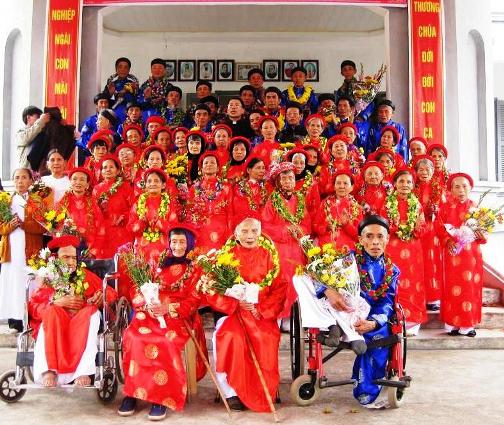
According to village customs, a man of 50 is to be honored as an old man. Old men stop working and are no longer village officials; however, they are still invited to festivals and to sears in the communal house. Here, they are seated honorably on red-bordered mats.
Longevity still preserves deep significance and showing respect for older people is a tradition still practiced today. Presently, when grandparents or parents reach the age of 70, 80, or 90 years old, their children and grandchildren organise longevity ceremonies, which are generally held on their birthday or in the days during the Tet Holidays.
Such celebrations are occasions for children and grandchildren to show their devotion to their parents and grandparent. Celebrations for longevity, either large or small, display the family's joy of having a relative who has been able to lead a long life. This person is offered a red dress and other gifts and is invited to be photographed. Older people are filled with warm sentiments from their relatives and neighbors so that they will not feel lonely as they go through the weakness of the end of their lives.
Today, in almost every village or urban district, there is an Association of Longevity for the eldest, and women are equally venerated.

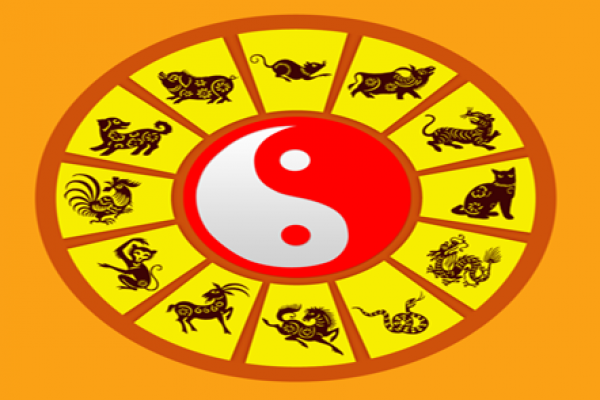
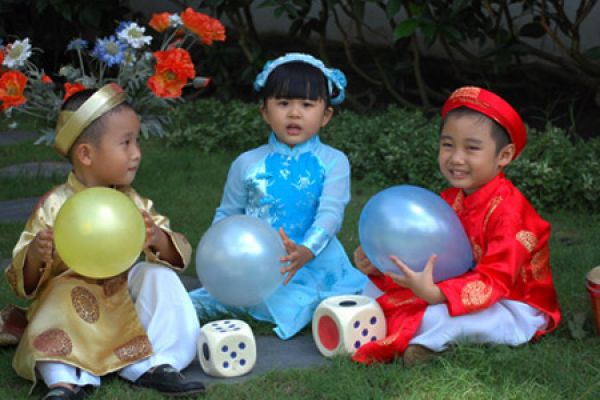

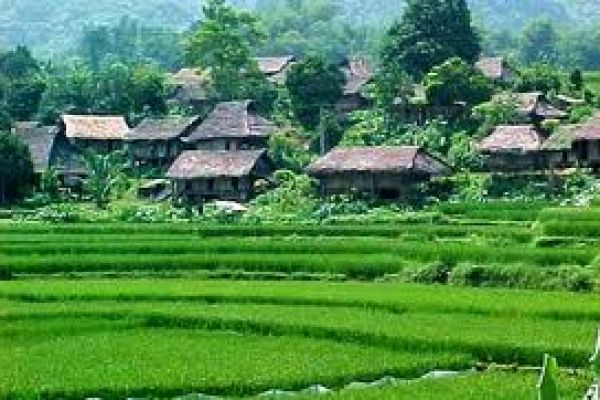
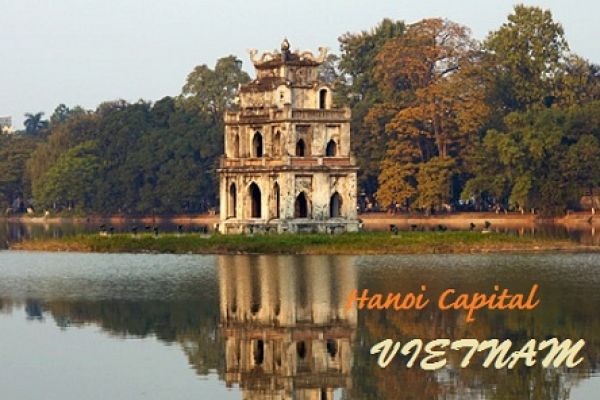
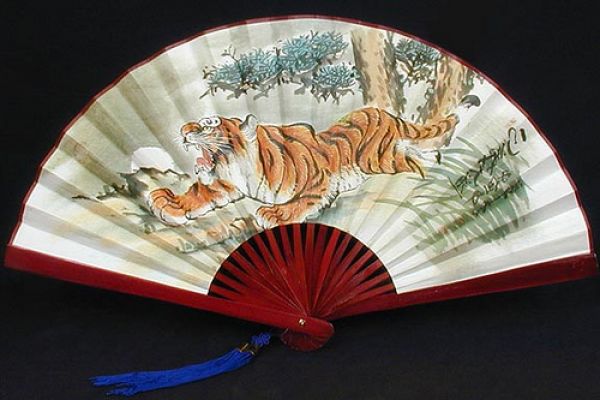
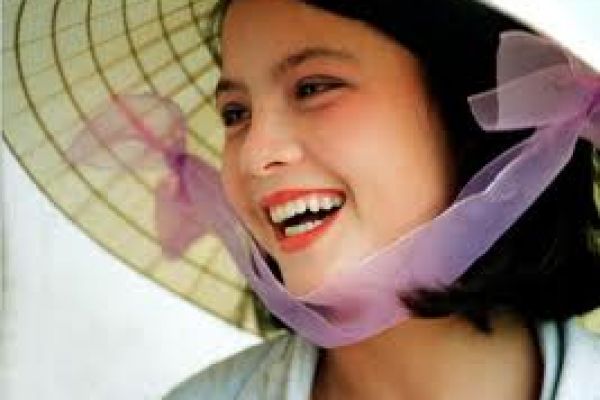
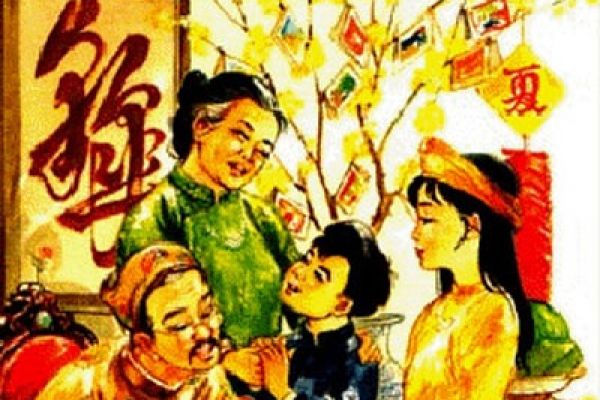

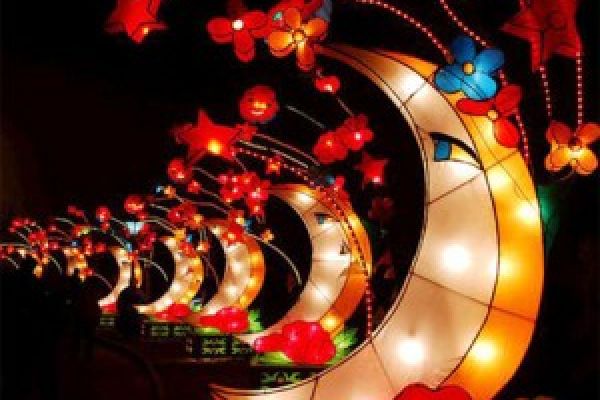
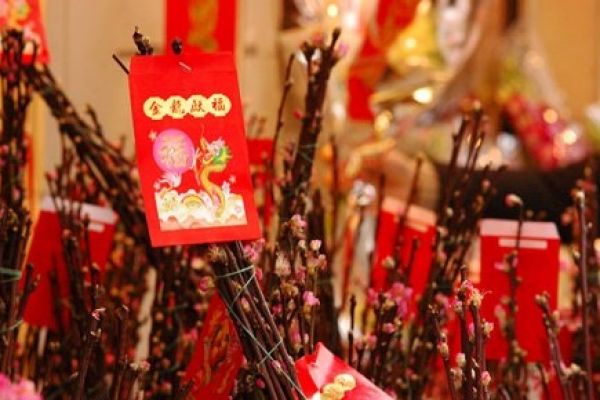
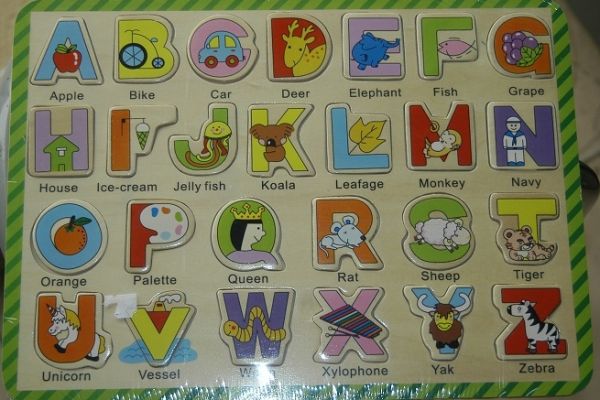
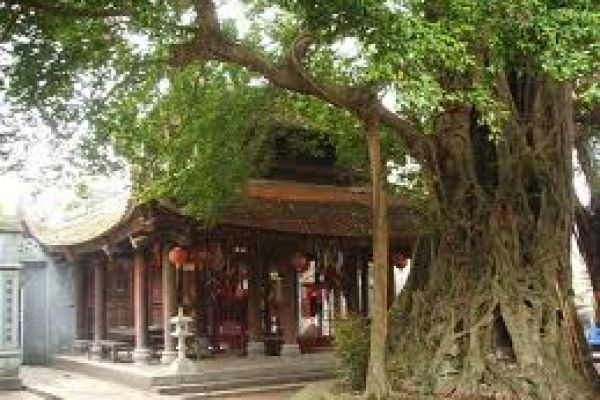

 Tags:
Tags: 